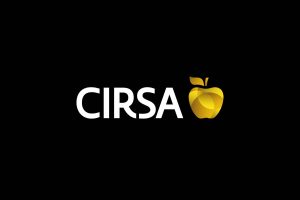DCMS calls for evidence on loot boxes

The department aims to establish whether the video game features promote gambling.
UK.- The Department for Digital, Culture, Media & Sport (DCMS) has called for evidence on loot boxes as it looks to decide whether the video game features promote gambling problems.
It announced back in June that it would investigate the features. Now it wants opinions from players, parents and guardians, academia and civil society as well as game developers themselves.
Interested parties have until November 22 to submit evidence. The DCMS will also hold a series of roundtable discussions.
Loot boxes sold in video games for either virtual or real-word currency contain randomly generated virtual items that can be used in the games.
Because players have to pay without knowing what they will receive, the DCMS has said they could be considered a form of gambling and could have the effect of familiarising young people with the mechanics of gambling.
A select committee report into immersive and addictive technologies recommended that loot boxes should be classified as gambling and should therefore be regulated under the Gambling Act and available only to adults.
The government has said it may take action based on the results of the call to evidence. Loot boxes are already due to be considered as part of the government’s intended review of the 2005 Gambling Act.
Caroline Dinenage, minister for digital and culture, said: “Our valued video game industry is making good progress developing safer environments for our children to play in, such as parental controls that can be set to schedule and limit playtime.
“But we’ve listened to parents’ concerns about loot boxes and it’s right that we fully examine and understand any evidence of the harm or links to problem gambling they can cause, so we can decide if action is needed.”











